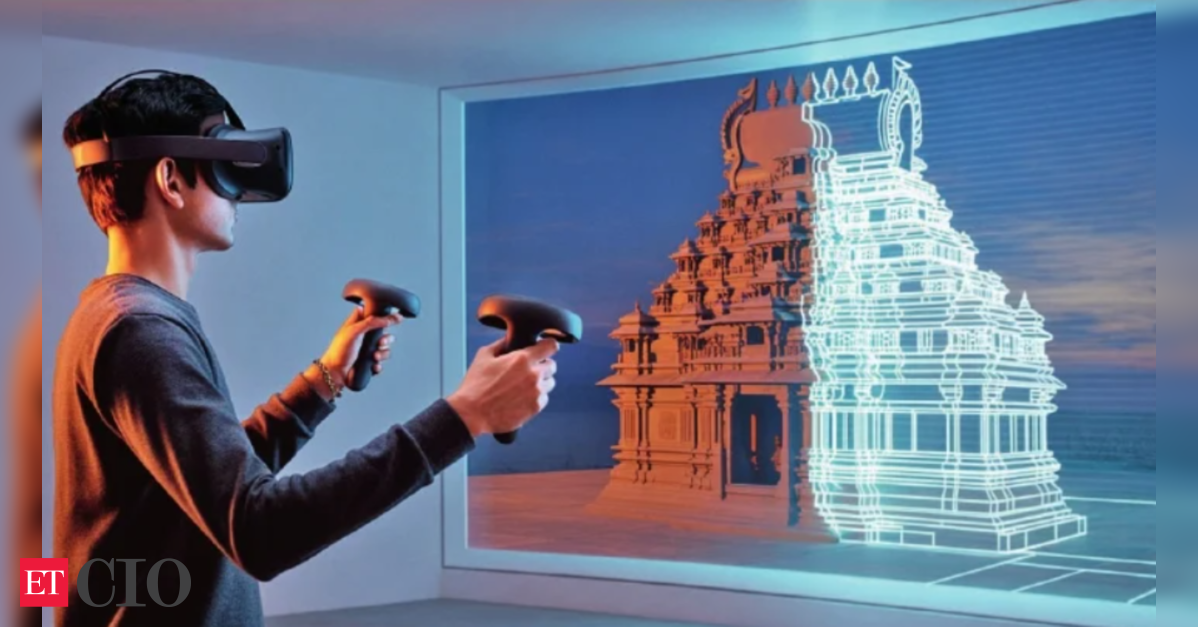SoftBank Eyes India Buyouts for AI-Led IT Expansion

SoftBank, the Japanese conglomerate led by Masayoshi Son, is embarking on a significant strategic shift in India, moving beyond its traditional role as a growth- and late-stage technology investor to become a direct acquirer of assets. This new approach focuses on acquiring Indian IT and Business Process Outsourcing (BPO) firms with the primary goal of integrating advanced Artificial Intelligence (AI) capabilities into their operations. The objective is to transform traditional BPOs and Knowledge Process Outsourcing (KPO) firms into tech-enhanced service providers, thereby driving cost efficiencies and fostering revenue growth for their clients, creating substantial value arbitrage.
This strategic pivot is driven by SoftBank's ambition to accelerate the implementation of AI across the outsourcing sector, particularly given India's nascent stage in developing large-scale AI foundational models. SoftBank has already engaged in discussions with various outsourcing firms, including a potential $1 billion deal for AGS Health, which ultimately did not materialize as Blackstone took the lead. The company has also been in talks with other outsourcing firms like WNS Global, exploring avenues to combine AI capabilities with large-scale service delivery through either direct acquisitions or strategic alliances.
SoftBank's interest in Indian IT-enabled services firms aligns seamlessly with its broader global push to invest in AI infrastructure. A key initiative in this global strategy is The Stargate Project, a monumental $500 billion undertaking over four years aimed at establishing robust AI infrastructure in the United States to support OpenAI. Parallel to this, SoftBank is developing Cristal Intelligence, an advanced enterprise AI solution in collaboration with OpenAI. Announced in Tokyo by Masayoshi Son, this partnership involves an annual investment of $3 billion from SoftBank to integrate OpenAI's technology across its portfolio companies. Cristal Intelligence is designed to enable AI agents to form sophisticated systems capable of learning and adapting to diverse enterprise needs, with OpenAI contributing research, technology, and engineering expertise to the joint venture, SB OpenAI Japan, and SoftBank providing sales teams and engineers for scalable deployment.
Further emphasizing its commitment to AI, SoftBank has proposed setting up an ambitious AI and robotics manufacturing industrial zone in Arizona, USA. This project, codenamed 'Crystal Land,' is envisioned as a $1 trillion investment, potentially mirroring the scale of Shenzhen, China. It aims to include R&D labs, production facilities for Artificial General Intelligence (AGI), advanced semiconductor processing, tech workforce housing, and potential integration with smart grid infrastructure. SoftBank has reportedly approached state governments and the Department of Commerce regarding potential tax breaks for this colossal project.
Historically, SoftBank has invested extensively in India through its Vision Fund vehicles, backing prominent startups such as Swiggy, Delhivery, Paytm, PB Fintech, FirstCry, and Ola Electric, many of which have since gone public. After a period of reduced investment activity, SoftBank resumed scouting for deals last year, initially targeting investments in the $30 million to $40 million range, as exemplified by discussions with wearables startup Ultrahuman, which did not close. Sumer Juneja, managing partner for India and EMEA at SoftBank, has affirmed the fund's flexible approach in India, noting that while initial investments might be smaller, SoftBank is prepared to significantly increase its commitment as companies scale and require more capital. This flexibility underscores India's continued importance as a key market for SoftBank's evolving investment strategy, now heavily influenced by its profound focus on AI-driven transformations.












